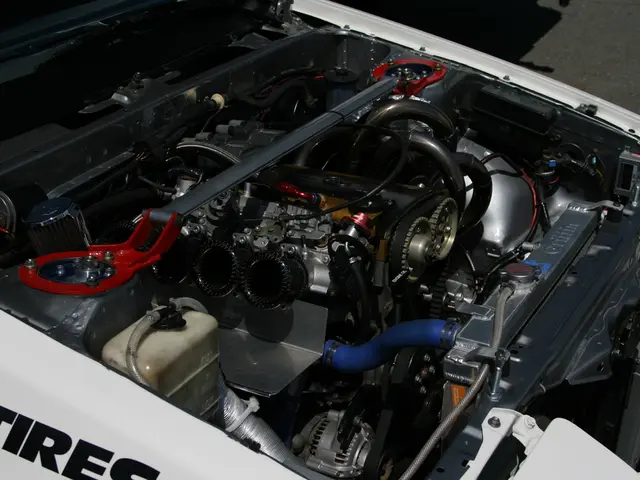Government agrees on legislation extending tax breaks for electric vehicles
The Taiwanese government has taken a significant step towards its commitment to reducing carbon emissions and achieving net zero emissions by 2050. The Executive Yuan has approved proposed amendments to extend tax breaks for electric vehicles by five years, ending on Dec. 31, 2030.
The extension aims to help Taiwan meet its 2030 vehicle electrification goal and advance its long-term vision of net zero emissions by 2050. The proposed amendments will be sent to the Legislative Yuan for review.
Currently, fully electric vehicles are exempt from commodity taxes upon registration, with a maximum taxable value of NT$1.4 million (US$46,500) for sedans. However, any amount exceeding this limit remains taxable, as stated by the Director-General of the Ministry of Finance Taxation Administration, Sung Hsiu-ling.
This extension of tax breaks has been in place since January 2011, and during this period, about 890,000 electric vehicles have benefited from commodity tax exemptions totalling NT $25.8 billion. Furthermore, 110,000 vehicles were exempt from NT$9 billion in license taxes.
The extension of these tax breaks is expected to continue to drive the growth of the electric vehicle industry in Taiwan. The EV industry generates an annual output value of NT$100 billion and creates more than 16,500 jobs.
Sung Hsiu-ling also mentioned that local governments are authorized to provide tax exemptions for vehicle license taxes, further incentivising the adoption of electric vehicles.
The proposed amendments, if approved, will help cut carbon dioxide emissions by an estimated 1.02 million tonnes between 2022 and last year. This is a significant contribution to Taiwan's efforts to reduce its carbon footprint and contribute to global efforts against climate change.
The proposals to extend the tax relief for electric vehicles for five years until December 31, 2030, were submitted by the Cabinet; the proposals will be presented to the Legislative Yuan before the end of October 2025.
In conclusion, the extension of tax breaks for electric vehicles is a crucial step towards Taiwan's goal of achieving net zero emissions by 2050. The benefits of this extension are not only environmental but also economic, as the electric vehicle industry continues to grow and create jobs in Taiwan.
Read also:
- Exploring Harry Potter's Lineage: Decoding the Enigma of His Half-Blood Ancestry
- Elon Musk Acquires 26,400 Megawatt Gas Turbines for Powering His AI Project, Overlooks Necessary Permits for Operation!
- U Power's strategic collaborator UNEX EV has inked a Letter of Intent with Didi Mobility to deploy UOTTA(TM) battery-swapping electric vehicles in Mexico.
- Commercial-grade hydrogen enhancement systems manufacturing initiated by H2i Technology








